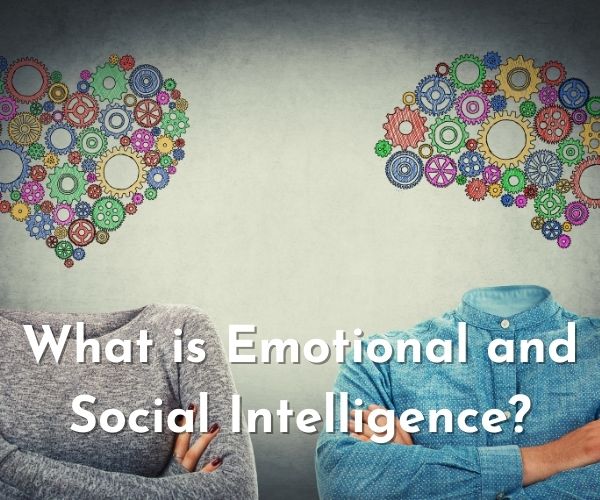
Can FIRVANQ® Cause Clostridium Difficile Colitis?
November 30, 2021
You Control Your Happiness
December 3, 2021Becoming a happier person
Now, this is about creating a meaningful life, then on the strategies for becoming a happier person. And for this reason, we will not take you into too much depth about happiness. But of course, if your life isn’t happy, then how meaningful Can it really be?

At the end of the day, or dare I say, at the end of our lives, having lived a life of positive emotional wellbeing, happiness, and contentment, would feel like a pretty good life. Most of us, in essence, want to enjoy our lives and wish the same for our loved ones.
Unfortunately, most of us are derailed from our quest for joy by the challenges of traffic, too much paperwork, and the negative energies of other people, some of whom are those we love the most.
So how do some of us overcome our enormous challenges or minor annoyances and continue to maintain an overall state of happiness? What’s different in our mindset that makes us able to rise above it all, more often than not.
According to Frederic Luskin, author of forgive for good, stress free for good and other books on the subject. The happier among us are making a choice to be happy, and they’re sticking to it. Happy, creative people commit to a plan with everything they have. Just as some people want a fit body and to get there must self assess, commit to a personal plan of action, and then act on their plan. So it is with a plan for happiness and creating a meaningful life.
The person who wants fitness must find what they might be willing to commit to be at rock climbing, going to water aerobics, committing to less fat or a paleo diet. Those who deem themselves not happy enough follow a similar regimen. They don’t just wait for it and complain what others seem to be luckier in the happiness department. By comparison, silly as it may sound to some of you, happy people have goals and objectives and rewards for success around meaning making enjoyment.
Unfortunately, humans seem to be hard-wired for complaining. Did you know that 70% of conversations contain some level of complaining? It’s incredible, but it’s true. A large percent of our speech also involves comparing ourselves favourably or unfavourably, to those around us.
Even if we have a well-paying job and an industry we love. We experience job dissatisfaction if we learn that the guy next to us is paid more than we are. It’s almost laughable, but the research says that Americans at least want to be paid the same or better than the person next to them more than they actually care about the salary that they’re actually paid.
If we leave home feeling like we’re looking good and our new outfit, and a heavier or lighter individual walks by us, we compare his or her looks to ours, often resulting in a mean spirited or self-deprecating comment to a friend. If we don’t get a vacation, we complain.
And if we get a glorious vacation, then it wasn’t long enough. Is this the path to happiness? Nope. complaining and comparing leads us in the completely wrong direction from happiness. Comparing ourselves to someone else can be poisonous, no matter which direction it goes. If we deem ourselves better than the person who we’re comparing ourselves to, it gives us an unhealthy and false sense of superiority. If we judge ourselves worse than the person, then that’s a big bummer, too.
When this happens, we usually discredit the hard work that we’ve done, and dismiss all the progress that we’ve made. In my experience, this type of social comparison doesn’t stem from a healthy place, and I’ve fallen victim to it so many times myself. So whenever you feel compelled to compare yourself to someone else, check in and ask yourself why.
Why am I being so nasty to another person or treating myself so inhumanely? Instead, change it up and this time, compare yourself to an earlier version of yourself, open your eyes and hear and see your progress.
After all, we need to quell the habit of complaining and comparing and focus on what is working. That’s what happy people do. So how do I know what happy people do? Well, researchers know a lot about happiness and positivity. And I find it fascinating. Here’s a summary of the findings that speak to us so loudly.
Martin Seligman, the father of positive psychology, theorizes that, well, part of a percent of happiness is definitely determined by our genetics and environment. So much of it is actually up to us. He says that happiness is a combination of positive emotions and positive activities. We are happy when we are comfortable and fully engaged.
Absolutely. And you know, the more experience I gain, the more I think that happiness is mostly up to us. In his TED Talk, Seligman describes three kinds of happy lives.
One is the pleasant life in which you fill your life with as many pleasures as you can.
Two is the life of engagement, where you find a life in your work and parenting and love and leisure.
And number three is the meaningful life, which comprises knowing what your highest strengths are, and using them in the service of something larger than you are.
After exploring the research for ultimate satisfaction, Seligman noted that the pursuit of pleasure was hardly any contributor to lasting fulfilment. Instead, pleasure is really the whipped cream and the cherry on the top. It adds a certain sweetness to satisfying lives. But the foundation is the pursuit of meaning and engagement. The combination, though, of all three made for the best outcomes.
Basically, what we’re trying to say and what nearly all researchers have found is that happy people choose and engage in habits that guide them to create and enjoy their meaningful lives.








